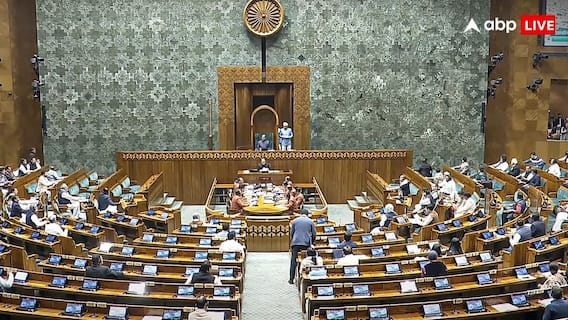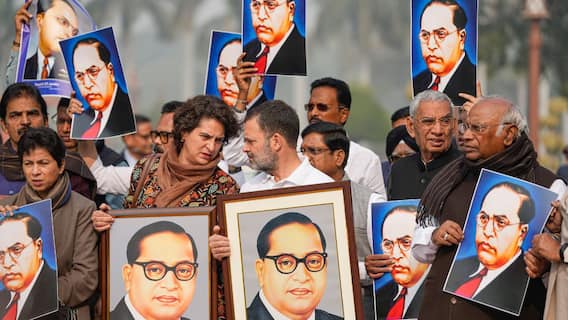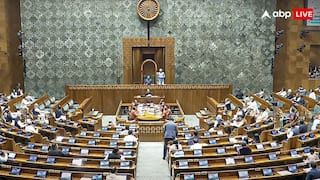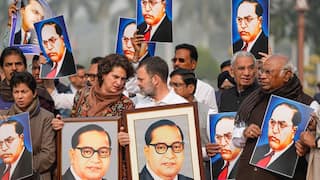Taliban Ban Use Of Foreign Currency For Domestic Business In Afghanistan
Taliban spokesperson said anyone using foreign currency for domestic business would be prosecuted from now onwards

New Delhi: At a time when the United Nation has appealed to countries for economic help to rebuild ailing economy in Afghanistan, the Taliban have gone ahead to announce a ban on the use of foreign currencies on Tuesday. Since the extremist group came to power in mid-August for the second time, Afghani its national currency depreciated and the country's reserves are frozen abroad, according to AFP.
ALSO READ: 'Most Popular Man In Israel, Join My Party': Israel PM's Animated Conversation With PM Modi [Watch]
In a statement, Taliban spokesperson Zabiullah Mujahid stated that from anyone using foreign currency for domestic business would be prosecuted from now on. In an unstable economy, banks are already running short of cash and the international community is not willing to recognise the Taliban administration as a government.
In such a scenario, several transactions inside the country are carried out in US dollars while in areas closer to southern border trade routes Pakistani rupees are used.
"The economic situation and national interests in the country require that all Afghans use the Afghani currency in every transaction," added Talibani spokesperson. "The Islamic Emirate instructs all citizens, shopkeepers, traders, businessmen and the general public to henceforth conduct all transactions in Afghanis and strictly refrain from using foreign currency."
In a latest attack on a military hospital in Kabul on Tuesday, 19 people were killed and 50 others wounded. The attack got under way when a suicide bomber detonated his explosives near the entrance of the sprawling site. Gunmen then broke into the hospital grounds, firing their weapons there, the Taliban said.
Since its establishment, the Taliban regime has failed to get recognition. Aside from China, Pakistan and a handful of other countries, the rest of the world is taking a wait and watch policy while keeping an eye on the conduct of the outfit.
Trending News
Top Headlines






































